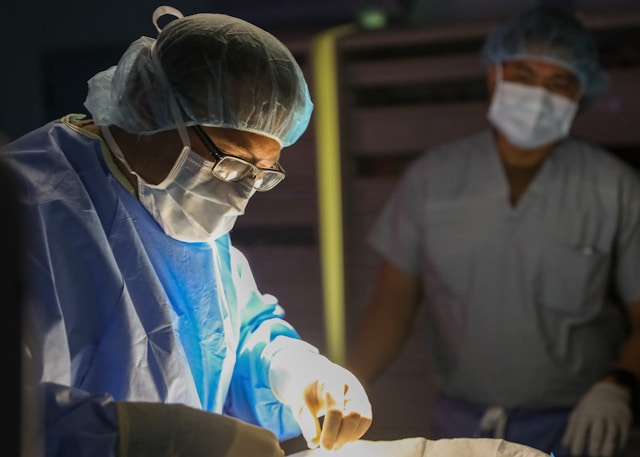DOVER — Delaware health leaders gathered Tuesday for the 2025 Delaware Health Force conference, highlighting new legislation, data-driven initiatives and education pipelines designed to strengthen the state’s healthcare workforce.
The event, hosted by the Delaware Academy of Medicine, underscored the challenges of filling healthcare gaps across the First State, as well as opportunities created by recent policy wins such as Senate Bill 122.
That bill was signed into law earlier this year; it requires the collection of healthcare workforce data during professional license renewals, positioning Delaware to better track shortages and plan for future needs.
“This is a critical step forward,” Delaware Health Force Director Tim Gibbs said during the event. “By using accurate, real-time data, we can better align education, policy and workforce initiatives to meet the needs of all Delawareans.”
Keynote speaker and Indiana University’s Bowen Center for Health Workforce Research and Policy Founding Director Dr. Hannah Maxey shared how Indiana implemented similar data collection efforts and used them to expand targeted training and address shortages.
“This isn’t about data for data’s sake,” she said. “It’s about knowing where people are struggling and using information to guide real solutions. In Indiana, the power of data changed how we staffed clinics, trained providers and even influenced legislation.”
Nicole Moxley, chief of the Office of Healthcare Provider Resources and co-chair of the Healthcare Commission’s workforce subcommittee, credited collaboration among state agencies and nonprofit partners for getting the legislation passed that will allow for that increase in data to support the First State’s workforce.
“We wouldn’t have Senate Bill 122 without the partnerships that have formed around this issue,” Moxley said. “Now we can start closing gaps and building a stronger system. I’m very proud of the work we’ve done, and I’m even more excited for what’s ahead.”
In addition to policy, the conference highlighted the importance of early education in building a sustainable workforce. Delaware Health Force reported that its Mini Medical School program has engaged nearly 5,000 students in grades 5 through 12, along with adults considering career changes. The newly launched Delaware Youth Medical Academy now gives students hands-on experience with skills such as CPR, suturing and intubation years before medical school.
“Students told us they wanted to learn real skills, not just theory,” Gibbs said. “So we responded by creating the Youth Medical Academy. These are the future nurses, doctors and therapists of Delaware.”
Financial aid programs were also in focus. To date, 31 Delaware students pursuing degrees in nursing, physical therapy, dental hygiene and other clinical fields have received loan support. With matching funds from ChristianaCare, Delaware Health Force also supported the certification of community health workers — a growing sector aimed at bridging public health and clinical care.
Discussions also turned to the role of education and health literacy.
The Rodel Foundation presented on how aligning early childhood, K-12 and postsecondary education with health career pathways could improve both workforce outcomes and community health.
The conference included a look ahead for participants dedicated to improving Delaware’s health care workforce with a highlight on data analyzed by the Delaware Health Information Network to identify the state’s top 30 chronic diseases and compare them against available provider data. Early results, which have not been made public yet, are expected to help shape policy and legislative priorities in 2026.
“Too many times we launch programs and never ask if they worked,” Maxey told attendees. “Delaware has a chance to do it differently — to use data, to evaluate outcomes and to continuously improve.”
Gibbs impressed upon the crowd the importance of data as they move forward.
“We act on data. We educate the future workforce. We provide support to those entering healthcare professions. And most importantly, we listen,” he said. “Together, we can strengthen the health of all Delawareans.”
